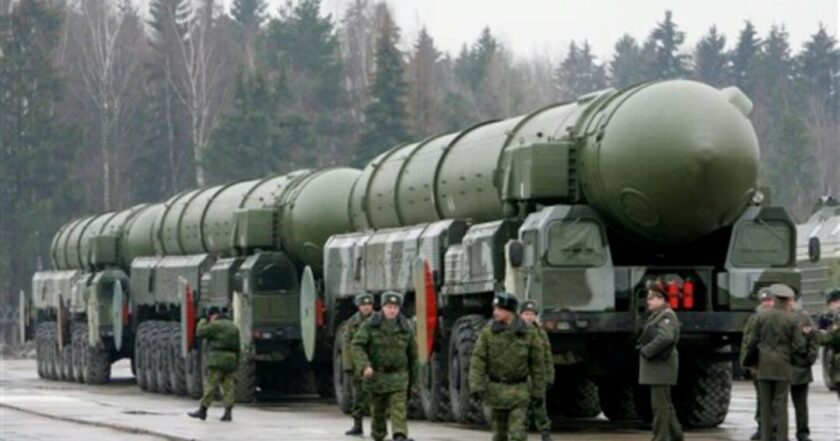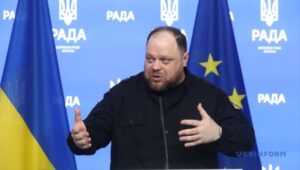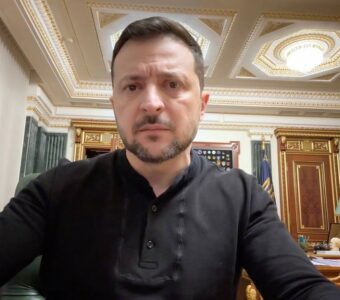Helsinki Commission urges recognition of Russia as permanent threat to global security

According to the Helsinki Commission's report, Washington should abandon the post-Cold War status quo in its relationship with Russia and instead classify Moscow as a "persistent" global security threat.
The Helsinki Commission's report reads that, according to The Hill.
It suggests that Washington should reevaluate its approach towards Russia, similar to how it has done with China in recent years, and allocate resources accordingly.
The primary directions of the report's strategy are:
- ensuring Ukraine's victory in its defensive war against Russia;
- calling for "massive" military and humanitarian aid to Kyiv;
- allowing Ukraine's armed forces to strike deep into Russia with the help of US-provided weapons.
The report's recommendations exceed the promises made by the Biden administration to Ukraine and contradict the stance of former President Donald Trump and his supporters in Congress.
Trump has been consistently stating that the US is spending too much on European security. He is currently advocating for a resolution between Ukraine and Russia through direct talks with their respective leaders, including Russian President Vladimir Putin.
Nonetheless, Joe Wilson, the chairman of the Helsinki Committee and a Republican (South Carolina), ruled out the possibility of Trump making a deal with Putin.
"No question to me that Donald Trump is going to see the insincerity of war criminal Putin," Wilson told The Hill in a brief conversation about the report.
"Putin is not anybody that you can reach an agreement with, that would be substantive, that would hold."
According to The Hill, even though there is increasing resistance within the Republican Party to providing military and economic aid to Ukraine, leaders who prioritize foreign policy are still strongly dedicated to supporting Ukraine, securing NATO commitments, and advancing democracy in former Soviet countries.
For reference:
On September 25, Russian leader Vladimir Putin announced that the Russian Federation intends to provide further explanations on the terms surrounding the use of nuclear weapons.
He stated that the revised doctrine would include several clarifications in the section outlining the conditions for the use of nuclear weapons.
Specifically, as Putin stated, the group of nations and military alliances for which nuclear deterrence is used has been expanded. A list of "military threats that are countered by nuclear deterrence measures" has also been included.
In response, the European Union addressed Russian dictator Vladimir Putin's recent threats to use nuclear weapons against non-nuclear states, deeming it yet another example of his reckless conduct.
Also, the Center for Combating Disinformation explained that such updates in Russia are "fear of Ukrainian weapons, which deprive the Russian Federation of strategic weapons depots, harm Putin's ability to continue terror."
US Secretary of State Antony Blinken denounced Putin's actions as incredibly irresponsible. Specifically, he pointed out that many individuals around the globe were "rattling the nuclear saber."
Also, on September 24, President of Ukraine Volodymyr Zelensky said that Ukraine has evidence of Russia's intentions to strike three nuclear power plants on the eve of winter.



















































